Bad laws are the worst sort of tyranny
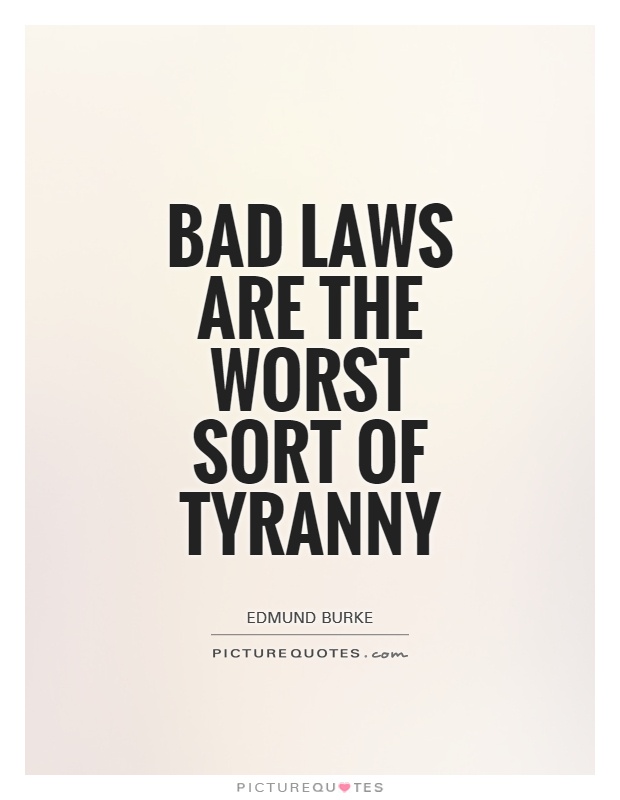
Bad laws are the worst sort of tyranny
Edmund Burke, an Irish statesman and philosopher, famously stated that "bad laws are the worst sort of tyranny." This statement reflects Burke's belief in the importance of just and fair laws in society. Burke believed that laws should be based on reason, tradition, and the common good, and that unjust or oppressive laws could lead to tyranny and the erosion of individual freedoms.Burke's statement can be interpreted in several ways. On one level, it can be seen as a critique of the arbitrary and oppressive nature of bad laws. Laws that are unjust, discriminatory, or overly restrictive can infringe upon the rights and freedoms of individuals, leading to a form of tyranny where the government exercises excessive control over its citizens. In this sense, bad laws can be seen as a form of tyranny because they limit the ability of individuals to live freely and pursue their own interests.
Furthermore, Burke's statement can also be understood as a warning about the dangers of unchecked government power. When laws are not based on reason or the common good, they can be used by those in power to oppress and control the population. In this way, bad laws can serve as a tool for tyranny, allowing the government to exert control over its citizens without regard for their rights or well-being.
Burke's belief in the importance of just and fair laws was rooted in his conservative political philosophy. He believed that society should be governed by a combination of tradition, reason, and the common good, and that laws should reflect these principles. For Burke, bad laws were a threat to the stability and order of society, as they could lead to social unrest, injustice, and the erosion of individual freedoms.


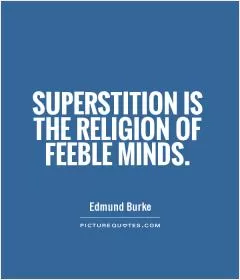
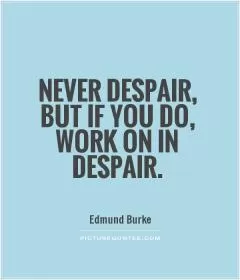
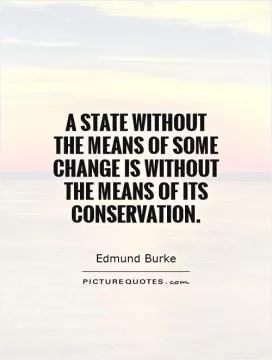

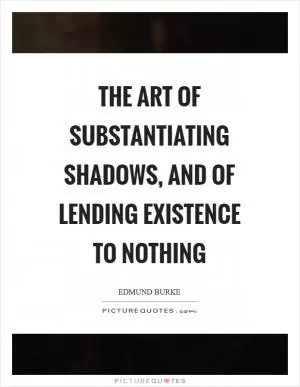

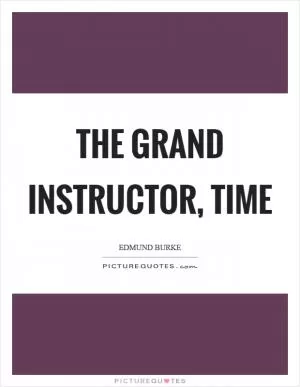
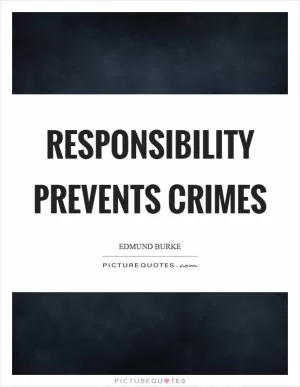
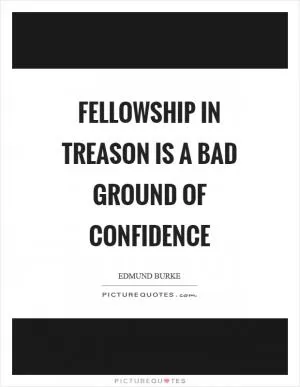
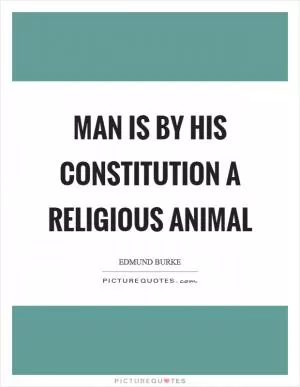
 Friendship Quotes
Friendship Quotes Love Quotes
Love Quotes Life Quotes
Life Quotes Funny Quotes
Funny Quotes Motivational Quotes
Motivational Quotes Inspirational Quotes
Inspirational Quotes